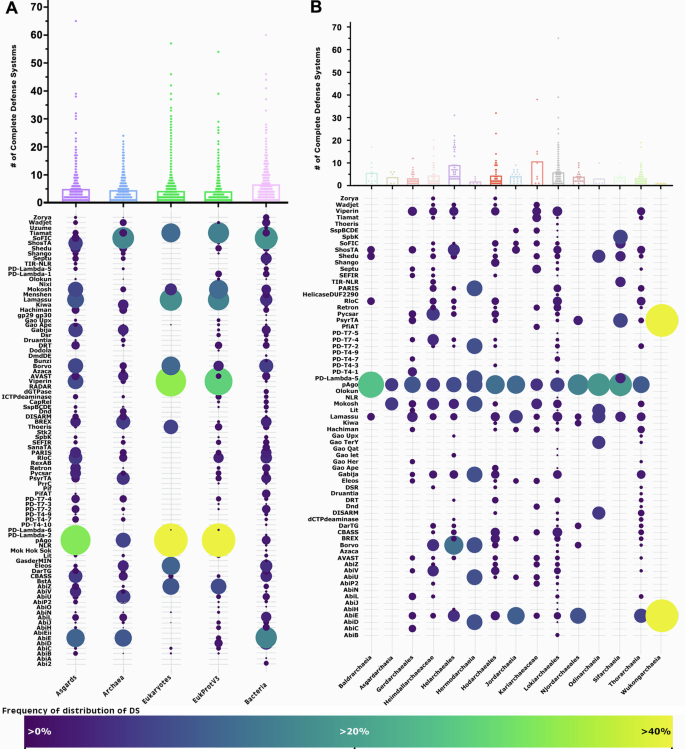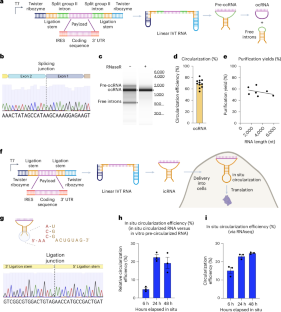2024-08-26 バッファロー大学(UB)

<関連情報>
- https://www.buffalo.edu/news/releases/2024/08/UB-researcher-exercise-in-addiction-recovery.html
- https://www.dovepress.com/potential-link-between-exercise-and-n-methyl-d-aspartate-glutamate-rec-peer-reviewed-fulltext-article-PRBM
アルコール使用障害における運動とN-メチル-D-アスパラギン酸グルタミン酸受容体との関連の可能性: 治療戦略への示唆 Potential Link Between Exercise and N-Methyl-D-Aspartate Glutamate Receptors in Alcohol Use Disorder: Implications for Therapeutic Strategies
Susan Sedhom , Nikki Hammond , Kyriaki Z Thanos , Kenneth Blum , Igor Elman , Abdalla Bowirrat , Catherine Anne Dennen , Panayotis K Thanos
Psychol Res Behav Manag
Psychology Research and Behavior Management Published:14 June 2024
DOI:https://doi.org/10.2147/PRBM.S462403
Abstract
Alcohol use disorder (AUD) is a significant risk factor, accounting for approximately 13% of all deaths in the US. AUD not only destroys families but also causes economic losses due to reduced productivity, absenteeism, and healthcare expenses. Statistics revealing the sustained number of individuals affected by AUD over the years underscore the need for further understanding of the underlying pathophysiology to advance novel therapeutic strategies. Previous research has implicated the limbic brain regions N-methyl-D-aspartate glutamate receptors (NMDAR) in the emotional and behavioral effects of AUD. Given that aerobic exercise can modulate NMDAR activity and sensitivity to alcohol, this review presents a summary of clinical and basic science studies on NMDAR levels induced by alcohol consumption, as well as acute and protracted withdrawal, highlighting the potential role of aerobic exercise as an adjunctive therapy for AUD. Based on our findings, the utility of exercise in the modulation of reward-linked receptors and AUD may be mediated by its effects on NMDA signaling. These data support further consideration of the potential of aerobic exercise as a promising adjunctive therapy for AUD.


